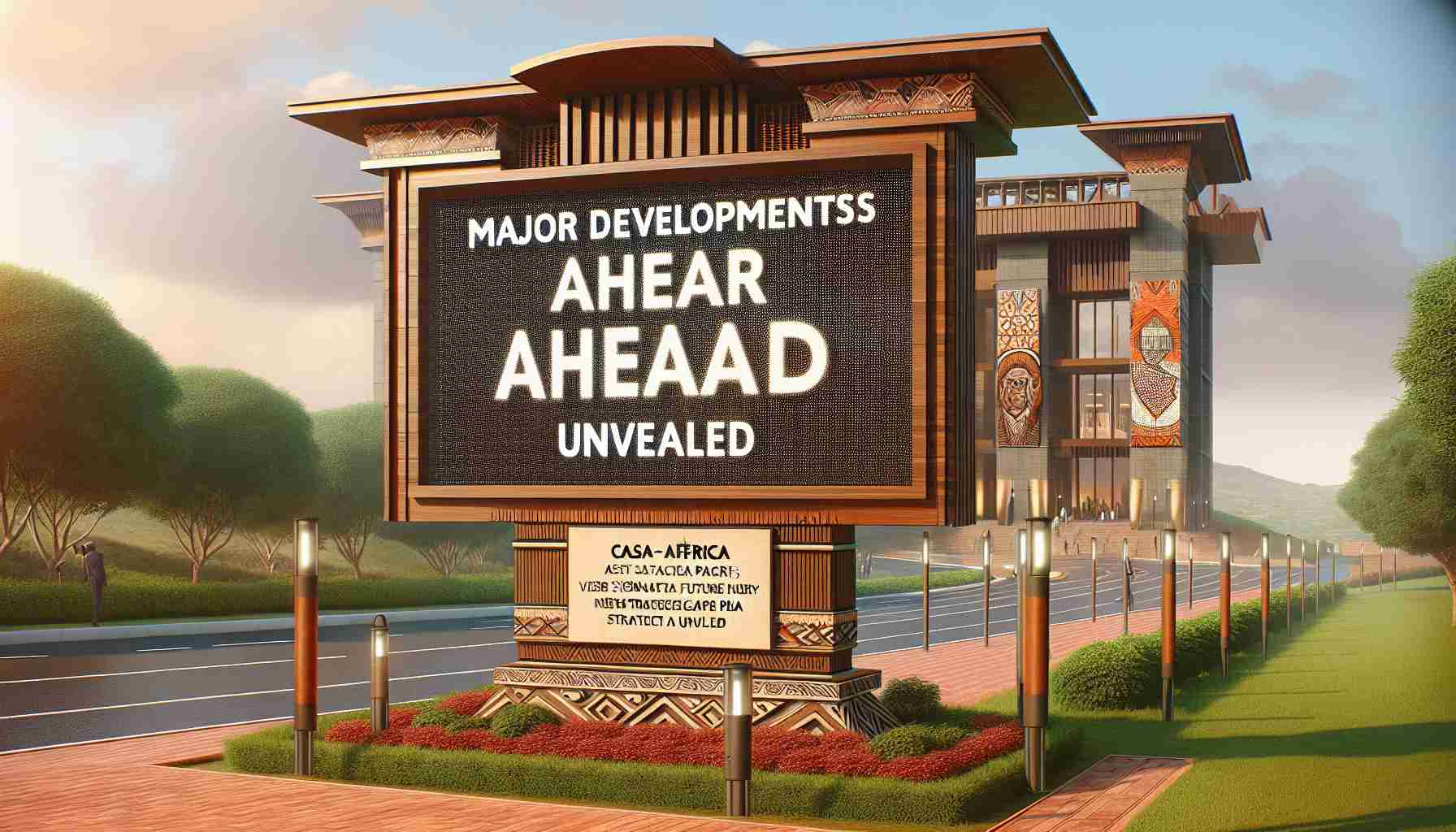Casa África’s Vision for Future Migration Challenges
In a significant recent meeting, the Governing Council of Casa África convened to finalize and send a crucial document to Spain’s Ministry of Foreign Affairs. This document outlines the Strategic Plan for 2025-2027, focusing on ongoing migratory issues.
The announcement reveals that this comprehensive plan emerges from nearly twenty years of dedicated service by Casa África. Extensive consultations have taken place, involving various stakeholders such as consortium members, civil society groups, diplomats, experts across diverse fields, and African counterparts residing both in Spain and across the continent.
Casa África highlights that this strategic plan is not just an isolated initiative. It aligns with the objectives set by the members of the Governing Council and incorporates insights from essential frameworks. These include the 2030 and 2063 Agendas, as well as global agreements such as the Paris Agreement and the Samoa Pathway, alongside the Joint Africa-European Union Strategy.
By aligning its goals with wider regional and international priorities, Casa África aims to address the complexities of migration while fostering deeper ties with African nations. Through this plan, the institution reaffirms its commitment to diplomacy and cooperation, ensuring that all voices are heard in tackling these pressing challenges.
Future-Ready: Casa África’s Strategic Plan to Transform Migration Dynamics
Casa África’s Vision for Future Migration Challenges
In light of the ever-evolving landscape of global migration, Casa África has put forth a comprehensive Strategic Plan for 2025-2027 aimed at addressing ongoing migratory challenges. This pivotal initiative emerges from nearly twenty years of dedicated service and a wealth of stakeholder consultations, which include consortium members, civil society organizations, diplomats, and African nations.
Key Features of the Strategic Plan
1. Alignment with Global Frameworks: The plan is intricately linked to major international agreements and strategies, including:
– The 2030 Agenda for Sustainable Development
– The African Union’s Agenda 2063
– The Paris Agreement, which emphasizes climate change initiatives
– The Samoa Pathway, focusing on sustainable development in small island developing states
– The Joint Africa-European Union Strategy, fostering cooperation between two continents.
2. Inclusive Consultative Approach: Casa África emphasizes that the formulation of this plan has been a collective effort, ensuring representation of various perspectives, particularly from African partners.
3. Commitment to Diplomacy and Cooperation: The institution aims to enhance collaboration with African countries, highlighting the importance of diplomatic ties and multifaceted engagement to create sustainable migration solutions.
Pros and Cons of the Strategic Plan
Pros:
– Holistic Approach: The plan incorporates elements of sustainability, human rights, and development, promoting an integrated response to migration challenges.
– Strengthened Partnerships: By fostering deeper ties with African countries, there’s potential for enhanced mutual cooperation and resource sharing.
Cons:
– Implementation Challenges: Aligning multiple stakeholders with varying interests could complicate execution.
– Dependence on External Policies: The success of the plan relies heavily on cooperation with international partners, which may not always align.
Use Cases and Potential Impact
– Policy Development: The insights from this strategic plan can inform policies not just within Spain, but also across European nations facing similar migration issues.
– Capacity Building: Through collaboration, the plan can help build the capacities of African nations to manage migration effectively.
Trends and Innovations in Migration Management
Casa África’s strategic plan is indicative of a broader trend where institutions are recognizing the need for collaborative, multi-dimensional approaches to migration. Innovations in this space are focusing on:
– Technology and Data Sharing: Utilizing data analytics to understand migration patterns and enhance policy response.
– Community Engagement: Engaging local communities to ensure that migration policies reflect the needs and aspirations of those most affected.
Market Analysis and Predictions
The ongoing challenges in migration are set to intensify due to factors such as climate change, conflict, and economic disparities. Predictive models suggest that innovative frameworks like Casa África’s plan will likely influence future migration dynamics by promoting sustainable solutions, thereby setting a precedent for other regions facing similar challenges.
In conclusion, Casa África’s Strategic Plan for 2025-2027 not only represents a significant step towards addressing migration issues but also reinforces the importance of international cooperation in navigating complex global challenges. For more information, visit Casa África.
